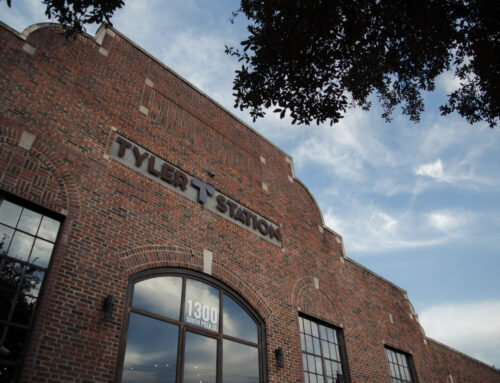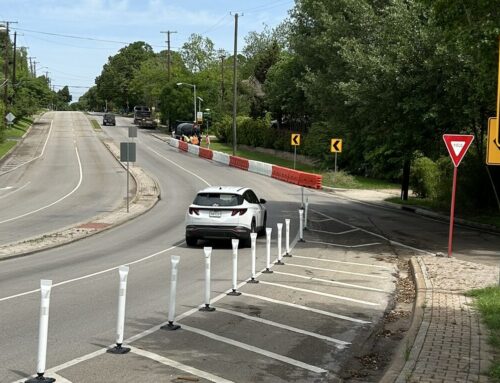It isn’t this one, in case you were wondering. It’s this story, or rather, series from the Dallas Morning News on a family fighting their way out of poverty. The first of six-parts ran in Sunday’s paper and the second in this morning’s, but it can be read online in its entirety. I gobbled it up.
We just launched a series on education initiatives impacting Dallas ISD students. It’s not our typical coverage on neighborhood schools and students, but it’s some of the most important work happening in the district affecting the children who most need it. The feedback so far has been encouragement to continue this type of coverage, questions concerning the topics we’re looking at, and critiques of our headlines. (You’ll have to forgive us — our metrics show that not many of you click on education stories and even fewer do when DISD is in the headline.)
There’s a lot of hope surrounding Dallas’ initiatives on pre-K, summer enrichment, choice schools and more. It may mean the difference for children who have “generations of poverty to outrun,” as writer Steve Thompson puts it in the DMN series.
But this paragraph in the first story about Kenneth, the family’s husband and father, struck me:
” ‘Crack Alley’ was what people called the area where Kenneth grew up, along Park Row in southern Dallas. His grandfather survived by filling a cart full of scrap metal. His father ran a small roofing outfit. In Kenneth’s youth, he wore the blue flag of the Park Row Crips. At Woodrow Wilson High School, he played football and wrestled and managed to get a diploma. But for years afterward, he paid bills partly by breaking up $100 slabs of crack and selling the pieces at a profit. (emphasis ours)”
Kenneth, who grew up near Fair Park in South Dallas, attended a high school in one of the more affluent areas of Dallas that has long been considered one of the best in the district. He even beat the odds by graduating. Statistically, he was a success story — but that wasn’t enough.
The initiatives that Dallas ISD is launching are backed by strong research and statistics. This is important because this research and the resulting statistics are based on real people’s lives. Applying what’s learned from real life success to other lives is a good thing. It can give a needed boost, a hand up, a better shot.
It is not, however, a panacea. And the very well-intentioned people who stand behind these initiatives know this. When I talked to DISD Trustee Miguel Solis about pre-K, he gave me a lot of good information but he emphasized this:
“I don’t believe that there is a silver bullet or a panacea in education, but I think pre-K is about as close as we come to addressing our educational achievement gap and opportunity gap for the kids that we serve. It made a difference for me growing up and for all sorts of kids who are getting boxed out right now because they don’t have opportunities.”
When it comes to breaking the cycle of poverty for children, it takes all hands on deck — smart, patient, long-suffering teachers to educate them. Engaged parents, ideally theirs but also other people’s, to advocate for them. Savvy administrators to make a way for them. Well-informed trustees to enact policy for them.
Even with all of this, sometimes it isn’t enough. But sometimes it is.
Hopefully it will be for Kenneth, Janice and their kids.





